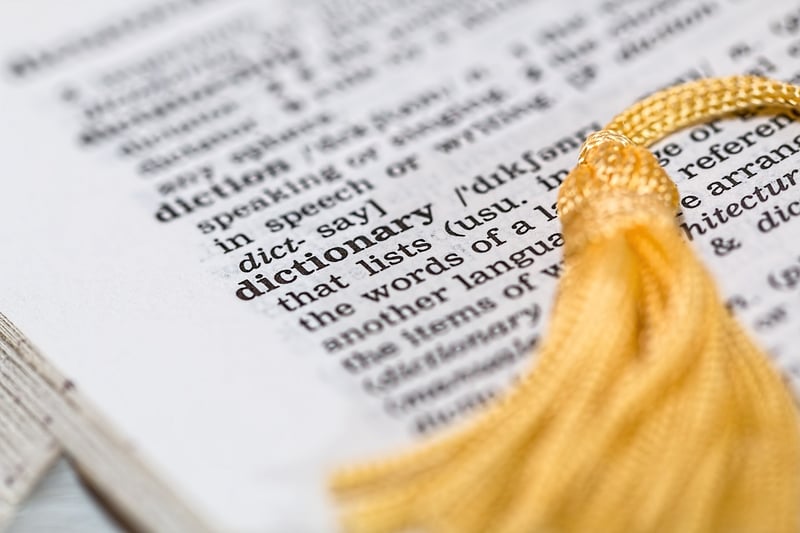Financial Literacy Resources
Expanding Your Financial Knowledge: A Guide to Financial Literacy Resources
Financial literacy is a crucial skill that empowers individuals to make informed decisions about their money. Whether you are looking to learn the basics of budgeting, investing, or managing debt, there are numerous resources available to help you enhance your financial knowledge. Here is a curated list of financial literacy resources to kickstart your journey towards financial well-being:
1. Online Courses and Webinars
Platforms like Coursera, Udemy, and Khan Academy offer a wide range of free and paid courses on personal finance, investing, and economics. These online resources provide flexibility and convenience for individuals looking to learn at their own pace.
2. Personal Finance Books
Books such as "Rich Dad Poor Dad" by Robert Kiyosaki, "The Total Money Makeover" by Dave Ramsey, and "I Will Teach You to Be Rich" by Ramit Sethi are excellent resources for building a strong foundation in personal finance and investing.
3. Financial Podcasts
Podcasts like "The Dave Ramsey Show," "So Money with Farnoosh Torabi," and "The Clark Howard Podcast" offer valuable insights and advice on various financial topics. Listening to podcasts is a great way to learn while on the go.
4. Government Resources
Government websites such as the Consumer Financial Protection Bureau (CFPB) and the Securities and Exchange Commission (SEC) provide reliable information on financial regulations, consumer rights, and investment education.
5. Financial Planning Tools
Platforms like Mint, Personal Capital, and YNAB (You Need A Budget) offer tools to track your expenses, create budgets, and set financial goals. Using these tools can help you better manage your money and plan for the future.
6. Financial Literacy Workshops
Many community centers, libraries, and financial institutions offer workshops and seminars on topics such as budgeting, credit management, and retirement planning. Attending these events can provide you with valuable hands-on learning experiences.
7. Investment Platforms
Platforms like Robinhood, Acorns, and Betterment allow individuals to start investing with small amounts of money. These platforms offer educational resources and tools to help you understand the basics of investing.
8. Financial Blogs and Websites
Following personal finance blogs like The Penny Hoarder, NerdWallet, and The Motley Fool can keep you updated on the latest financial trends, tips, and strategies. These websites offer a wealth of information for individuals looking to improve their financial literacy.
By exploring these financial literacy resources, you can enhance your understanding of personal finance, improve your money management skills, and work towards achieving your financial goals. Remember, financial literacy is a journey, and continuous learning is key to building a secure financial future.
Image Source: Pixabay

